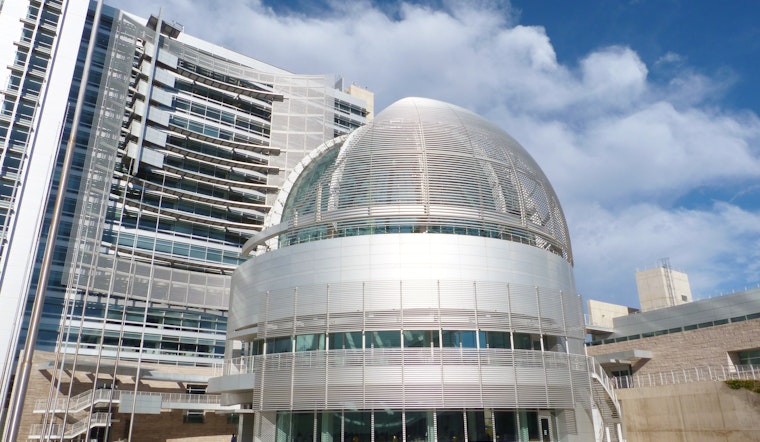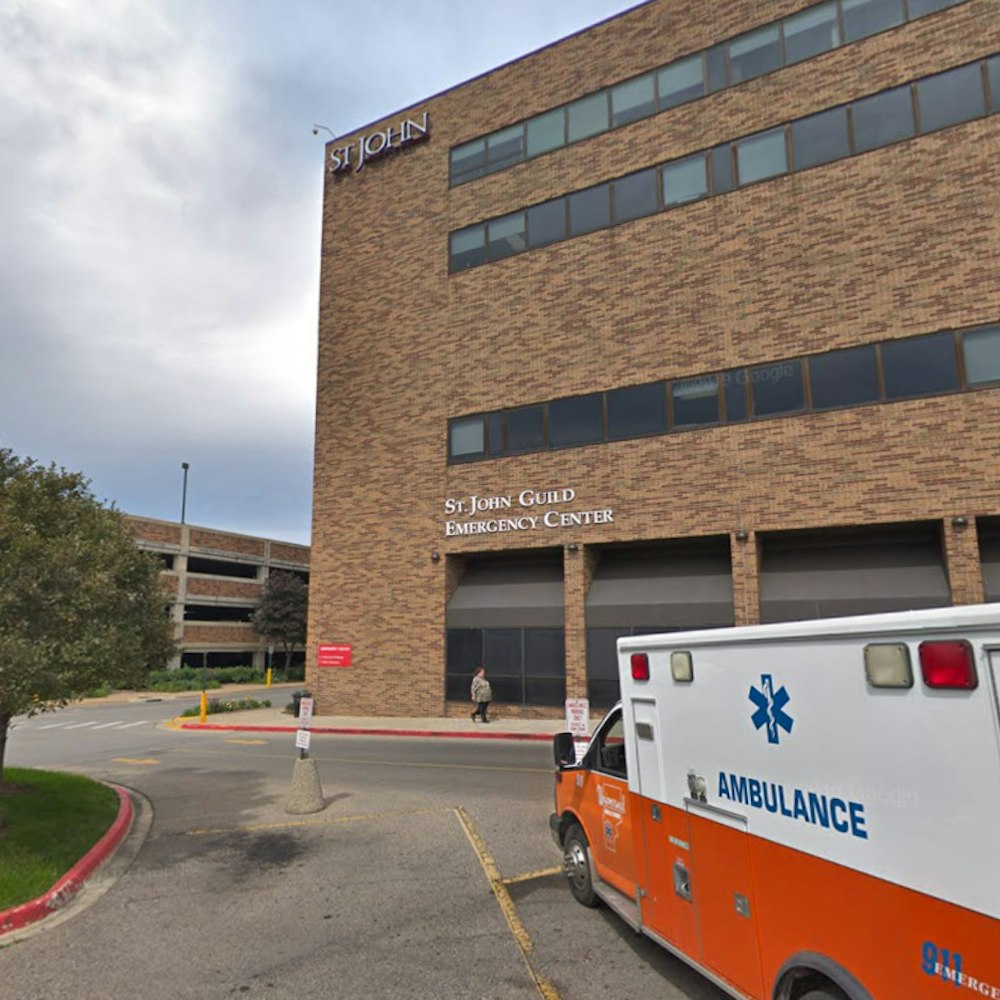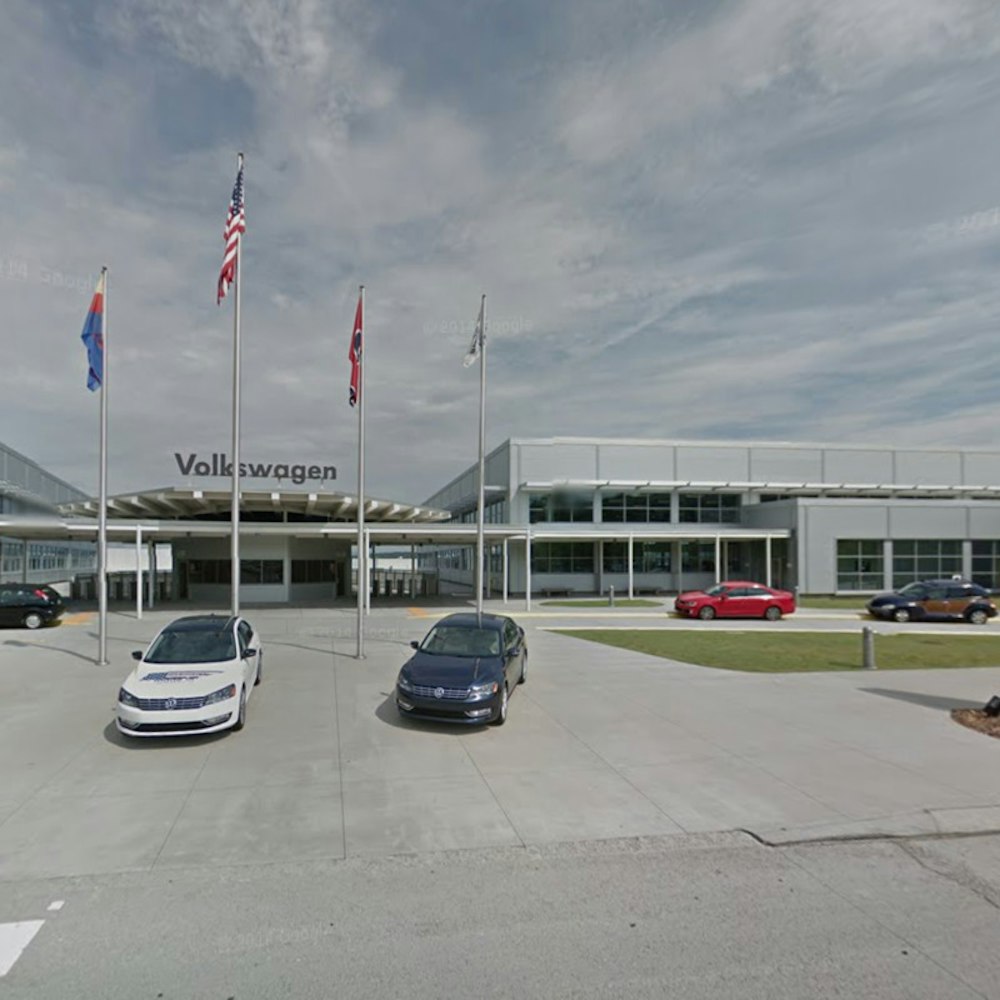
While a few glaring budget deficits continue to plague the neighboring cities of San Francisco and Oakland, San Jose clings to its status as a beacon of economic stability, for now. According to a recent article from The Mercury News, the South Bay city has reported a $35.3 million surplus.
It seems that the primary factor keeping San Jose afloat in a sea of deficits is the city's less reliance on tax revenues that continue to recover gradually from the pandemic's economic blow. As The Mercury News also reported, the heavy dependence of San Francisco and Oakland on tax revenues hindered their recovery from the pandemic-era setbacks, whereas San Jose leaned on a tax base that remained resilient under the pressure of negative financial forces. This is especially impressive given Hoodline's other report from earlier today which showed San Jose experienced job gains for 27 consecutive months, undeterred by tech sector layoffs in the region.
Another contributing factor to the budget disparities between San Jose and the other cities lies in the real estate transfer tax—a tax collected when a property changes ownership. For Oakland, this tax is predicted to total $110.4 million for the fiscal year 2023-24. Meanwhile, San Francisco's tax revenue from the same tax is expected to decrease by more than 50%, amounting to less than half of its income from the previous year. As for San Jose, it relies far less on this tax, with a projected $22 million in revenue for the upcoming fiscal year, marking a $2 million increase compared to 2021.
Additionally, sales tax may have played a role in San Jose's relatively advantageous position. While San Francisco and Oakland are expecting meager increases in sales tax for the upcoming fiscal year, San Jose is projected to receive an impressive $50 million more than it did in 2021—totaling $336 million.
According to Jeff Bellisario, executive director of the Bay Area Council Economic Institute, the geographic distribution of the three cities' economies may also have a bearing on the situation. In an email to The Mercury News, Bellisario explained that San Jose's economy is not as concentrated in its downtown area as compared to San Francisco and Oakland. This resilience is illustrated by San Jose and the Bay Area's ability to recover and maintain a stable labor market, as noted in the Hoodline article.
Despite the drumbeat of foreboding economic news in the Bay Area, San Jose's economic resilience is noteworthy but not surprising, as even California as a whole—the nation's most populous state—seems well-positioned to weather budget shortfalls. CBS News reported that California has around $35.6 billion in reserves following a $22.5 billion statewide deficit for the coming fiscal year ready.
While California Governor Gavin Newsom's recent announcement of the state facing a projected budget deficit of $22.5 billion for the next fiscal year may have raised eyebrows, the fact remains that California and some select cities, like San Jose, have demonstrated economic resilience and an ability to adapt in the face of unexpected challenges. What will become of budgets—and moveover downtown areas—in San Jose's neighboring areas is what remains to be seen.









